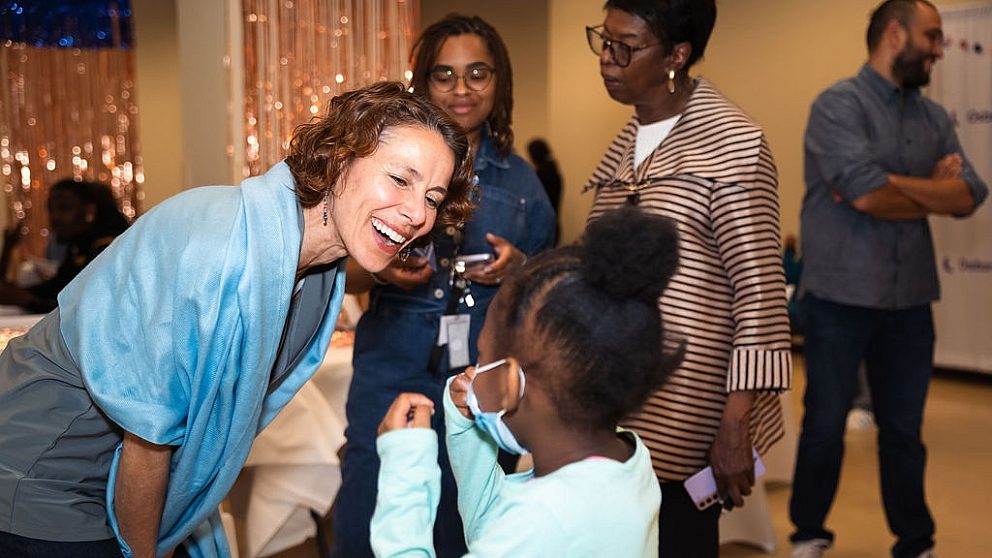Spotlight
A Look at 2025 Budget and Legislative Wins and Losses
Tanya Krupat, Osborne's Vice President of Policy and Advocacy, reflects on recent outcomes.

The $115.9B New York City budget includes restored and baselined funding for alternatives to incarceration (ATI) and reentry programs. In response to the Independent Rikers Commission’s blueprint to close Rikers, the City Council issued a policy brief outlining action steps it can take and is considering a set of related bills. What wins and losses do you see at the city level?
While there are more of each, I want to call out three wins and two losses. First, a win at the city level is indeed the restoration and baselining of funding for ATIs and reentry services. This is so important and a recognition of the critical role these services play in achieving and securing public safety in our city. However, we need even greater investment in these cost-effective, life-changing programs to meet the need.
The second win is the City Council’s continued recognition of the urgency around closing Rikers, and charting concrete steps and investments to get there.
The final win, though it is bittersweet, is the awarding of funding for trauma-informed care, substance use, transportation, and educational services on Rikers. Osborne has been awarded the contract to provide trauma-informed care and we are eager to get staffed up and started. The bittersweet side of this is that two years ago, DOC cut $17 million in funding for programs on Rikers so the current win doesn’t put us ahead or even bring us to past funding levels.
The most profound loss related to all of this is the loss of life that has been occurring so frequently and unacceptably on Rikers.
Nine people have died in custody this year alone.
Finally, and related to this, we all lose when the number of people on Rikers continues to increase and people stay there longer and longer. The fact that most people on Rikers have experienced addiction, mental illness, trauma, and/or childhood or adult victimization, and almost everyone is Black or brown, means we are failing as a city to respond to these issues and address systemic racism with a public health lens and a humane, restorative approach. Working together, we can turn this around, and I hope in the near future we can claim this as a win.
The new state budget increases funding for ATI and reentry funding, and the legislative session ended with the passage of a 10-bill package to address systemwide issues in the wake of Robert Brooks’ killing at Marcy Correctional Facility. What’s your assessment?
The New York State budget was good news for ATI and reentry services, although a much larger investment is still needed to address service deserts in some places within the state and to bring to scale these incredibly effective and cost-effective public safety programs. This investment is particularly important given the cuts on the federal level to gun violence prevention programs, youth services, healthcare, and more.
It is hard not to feel disappointed about legislative outcomes. While the brutal, unnecessary deaths of Robert Brooks and Messiah Nantwi demonstrated the dire need for oversight, accountability, and transparency – and these bills deliver on this need – other bills that address the conditions inside, the importance of maintaining family relationships during incarceration, and the urgent need to let people come home were not included. Much work remains to be done to ensure the safety, well-being, and dignity of everyone inside a prison and jail, including those who live, work, and visit there.